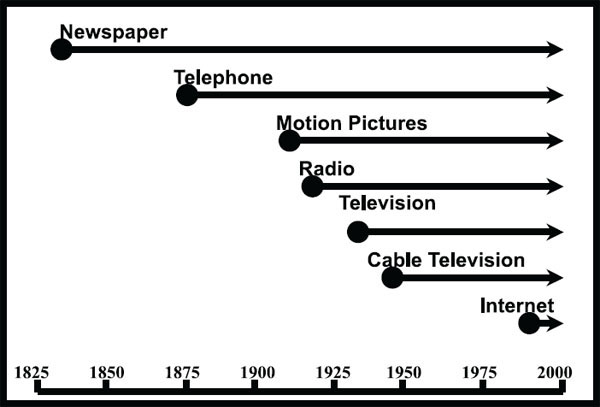Media's Use of Propaganda to Persuade People's Attitude, Beliefs and Behaviors


Media's Use of Propaganda to Persuade People's Attitude, Beliefs and Behaviors
Johnnie Manzaria & Jonathon Bruck
War & Peace: Media and War
Attitudes, Belief's and Behaviors
The previous picture and poem is a clear example of propaganda which is a form of persuasion used to influence people's attitudes, beliefs, and behaviors. A working definition of propaganda is the spreading of ideas, information, or rumor for the purpose of helping or injuring an institution, a cause, or a person. While propaganda has been around for almost a thousand years, only recently...


